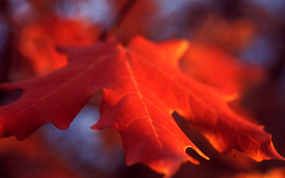Vocabulary
Seasons
Dakota Life
Dakota Culture
100
This is a rectangular house made with poles
and covered with large overlapping strips of bark.
and covered with large overlapping strips of bark.
What is a bark house?
100
During this season, the maple trees sap begins to run.
What is spring?


100
True or false: men carried the tipis.
What is false? Women carried the tipi, men hunted.
100
This type of structure in which the Dakota lived, is made by stretching animal skins over a frame of wooded poles.
What is a tipi?


200
This is an older member of the tribe who is respected
for his or her knowledge and wisdom.
for his or her knowledge and wisdom.
What is an elder?
200
The autumn hunt often lasted until this month.


What is January?
200
Three smaller animals hunted in the spring.
What are muskrat, beaver and ducks?






200
Dakota women carried their babies on this wooden object.
What is a cradleboard?
300
This is a village location during spring,
when Dakota made sugar from maple sap.
when Dakota made sugar from maple sap.
What is a sugar camp?
300
During this season, Dakota villagers no longer stayed in one place, they moved to hunting grounds.
What is autumn?


300
The containers to hold maple sap were made out of this.
What are wood and bark?
300
A special kind of container with geometric designs,
women made this item out of the hide of a bison, elk, or moose.
women made this item out of the hide of a bison, elk, or moose.
What is a parfleche?
400
The Dakota word meaning generosity.
What is ohanwaste
400
During this season women tanned hides and sewed clothing.
What is winter?


400
This was one of the Dakota's favorite foods and
it grows in the shallow waters of ponds and lakes.
it grows in the shallow waters of ponds and lakes.
What is wild rice?


400
This is how Dakota men transported
bison hunted in the winter.
bison hunted in the winter.
What is a sled pulled by dogs?
500
The Dakota word meaning respect and courtesy.
What is wohoda
500
During the summer month, harvest of this grain began.
What is wild rice?


500
This stood at the center of the winter village. It is where the village leaders discussed issues and made decisions.
What is the council tipi?
500
The custom used by the Dakota of telling stories
about histories and legends in order
to teach about their culture.
about histories and legends in order
to teach about their culture.
What is oral tradition?